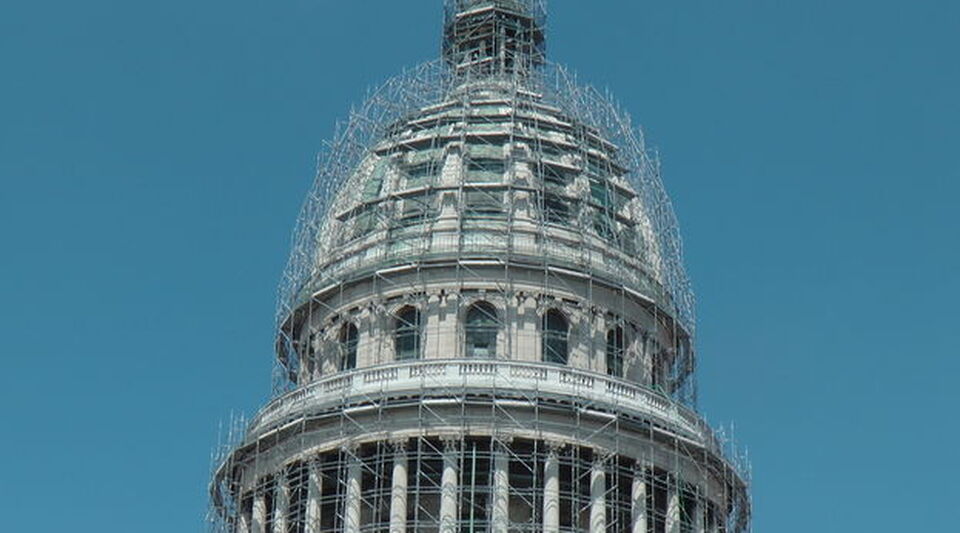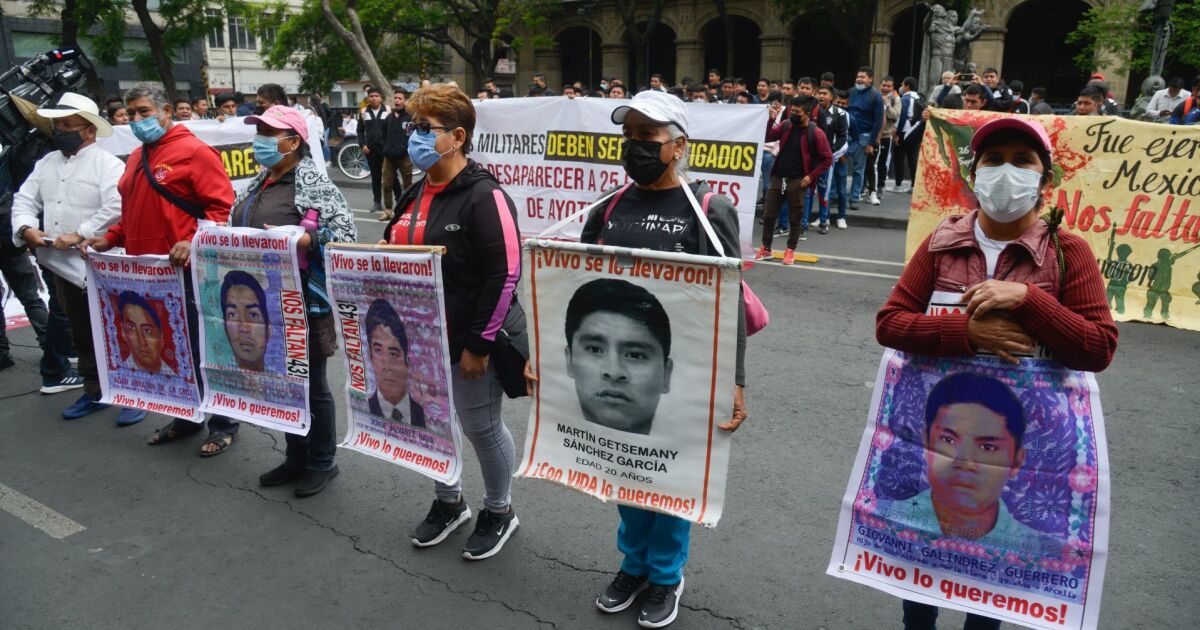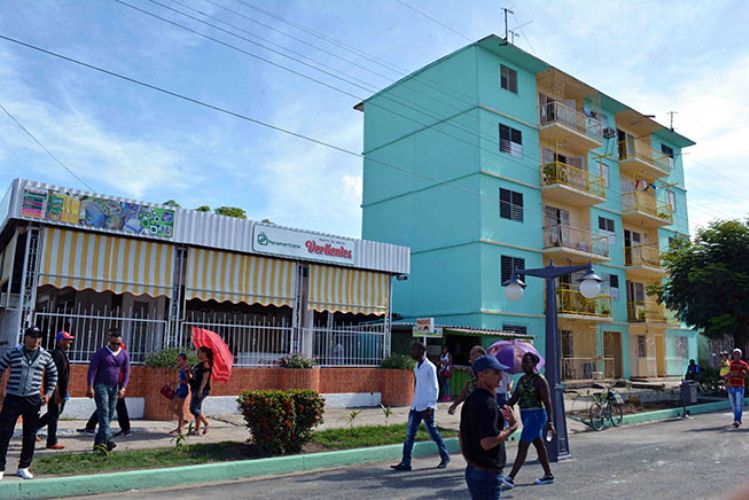The organization Archivo Cuba, based in Washington, United States, launched this Thursday the petition Free Cuba: Commitment to transition to democracy. The call, available on the platform Change.orginvites “every Cuban or organization of Cubans”, inside or outside the Island, to a national “civic commitment” with a view to a democratic transition.
The text, which already has more than 100 signatories, proposes a “peaceful change towards a State organized on the principle of democracy,” which proposes a solution to the crisis that affects all levels of life in Cuba.
With four main recipients, the petition from Archivo Cuba proposes to the residents of the island a process of “resistance, civil disobedience and non-cooperation” with the repressive state institutions, as well as a “national debate” characterized by the plurality of opinions .
The regime is also challenged to “dismantle the repressive organs and make a peaceful transition possible,” and public officials, who must preserve the state archive, essential for the democratic future of the Island. Lastly, the international community is demanded to do not “extend credits or material assistance” to the Government, unless it is humanitarian aid and through independent organizations.
Archivo Cuba also convenes “Cubans of good will,” including civic and religious leaders, public figures, intellectuals, and artists.
According to the organization, Cubans must turn to the 1940 Constitution as a reference to restructure the Cuban legal sphere, provided that the articles “exclusive or impractical for these times” are removed.
The proposals include the appointment of a “time-limited” caretaker government, whose members will be ineligible for state office during the first free elections.
A group of 19 recommendations complete the petition. Read together, they form the backbone of a defined program for the island’s democratic transition. The proposals include the appointment of a provisional government “of limited duration,” whose members will not be eligible for state office during the first free elections.
The provisional government will be given special powers to restore the fundamental rights of citizens, recompose the administration of the country and schedule general elections within a period not exceeding 24 months. It will also be responsible for drafting a new Constitution of the Republic.
Another recommendation is the prohibition of the death penalty, violence and vandalism against buildings and public property.
As for the Communist Party, the text does not specify whether it will be outlawed or not, but it clarifies that the abolition of its influence and control over the State is essential for the transition to democracy. The political police and all the repressive organs that depend on their guidance will also be dissolved.
Archivo Cuba proposes to dissolve the entire current government apparatus, disqualify its members and replace all officials. However, until the elections are held, it recommends provisionally maintaining the administrative structure of the State.
It is emphasized that the military and government employees who have not committed “crimes against humanity such as torture, murder, forced disappearance and prevarication” can be part of the new management, provided that they have validated their innocence before the organs of Justice.
The military and government employees who have not committed “crimes against humanity such as torture, murder, forced disappearance and prevarication” can be part of the new management
Both the legalization of organizations and political parties prohibited by Castroism, as well as the release of prisoners of conscience will be essential measures to guarantee a democratic future on the Island, as well as the repeal of laws that have violated human rights, so particularly those of “self-determination, conscience, expression, press, information, association, meeting, movement, trade unions, privacy and worship”.
With this objective, it is intended to prioritize “the dismantling of State monopolies on the press, education and communications.” The organization also defines possible lines to follow for agricultural, economic and commercial development.
In the international arena, a significant recommendation is the suspension of the refuge that the current government has provided to “foreigners linked to terrorism, drug trafficking and other activities contrary to the national good.”
This measure harmonizes the request of Archivo Cuba with a bill on the extradition of protected American fugitives on the Island, promoted on August 3 before the United States Congress by Senators Bob Menéndez and Marco Rubio. Finally, the organization proposes the creation of a Truth, Justice and Memory Commission.
Archivo Cuba, known in English as the Cuba Archive and the Free Society Project, defines itself as a non-profit organization that, since 2001, promotes studies and publications in defense of human rights on the Island. Its board of advisors includes intellectuals Cubans like Pedro Corzo, Enrique Encinosa, José Conrado and Carlos Alberto Montaner.
________________________
Collaborate with our work:
The team of 14ymedio is committed to doing serious journalism that reflects the reality of deep Cuba. Thank you for joining us on this long road. We invite you to continue supporting us, but this time becoming a member of our newspaper. Together we can continue transforming journalism in Cuba.








